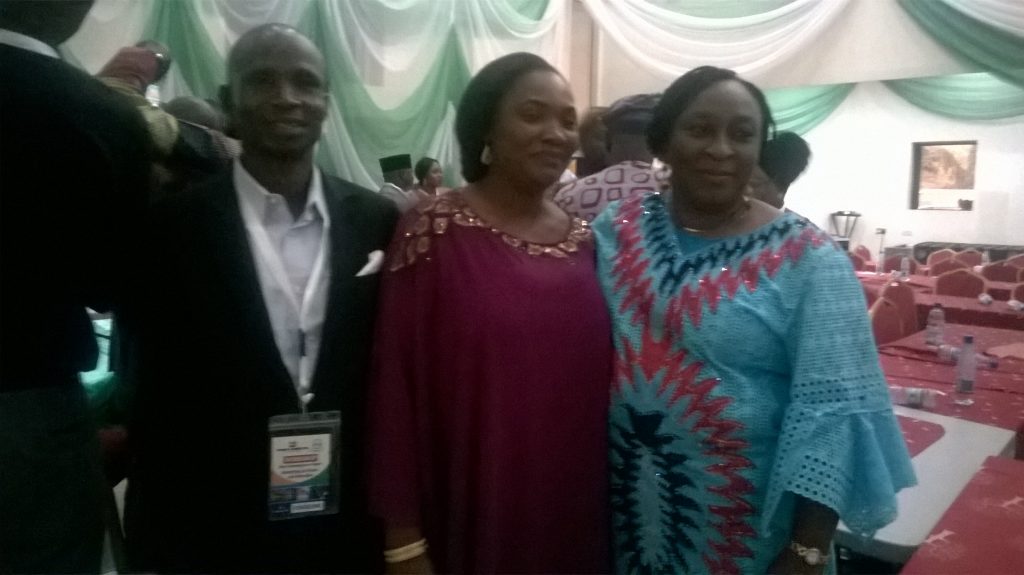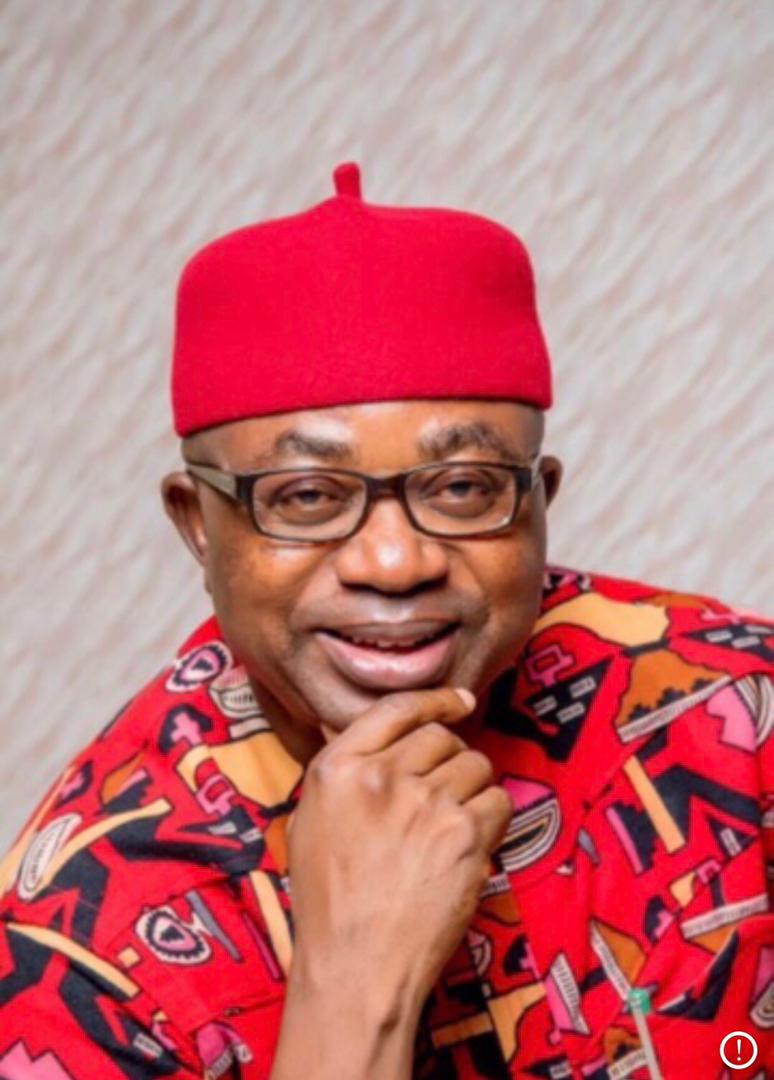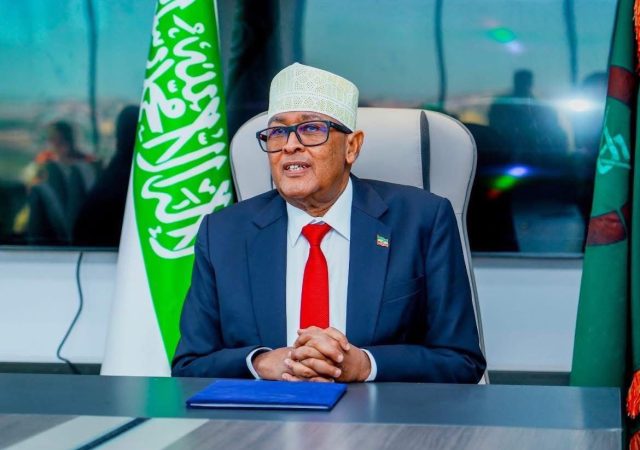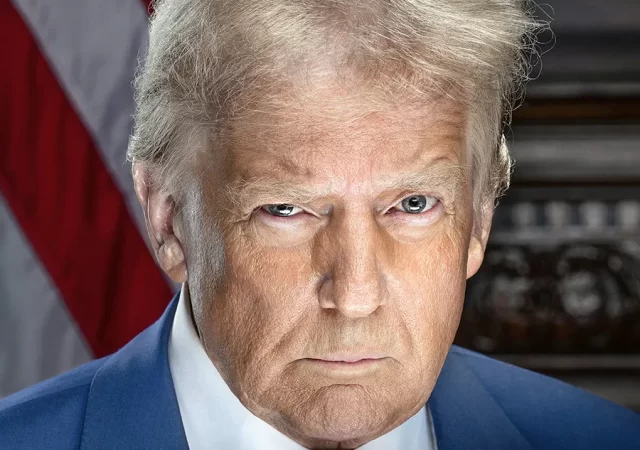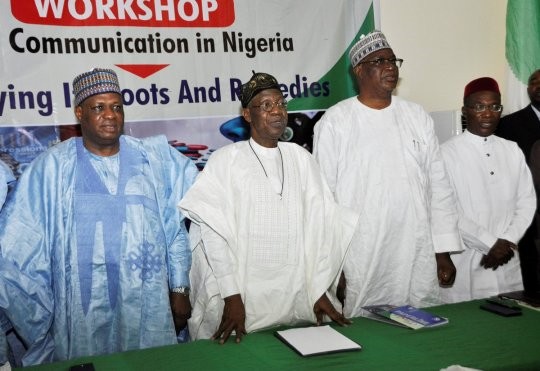
By Sunday Oyinloye
For decades, Nigeria has had to contend with the issue hate communication which sometimes results in crisis. It was however more pronounced in the last administration and the situation has not changed under the present administration, a factor which many have attributed to increase in the use of the social media. Ideally, the social media supposed be platform for positive interaction and communication, however it has been grossly abused by Nigerians in recent times and the situation is gradually assuming a dangerous dimension.
As a way of checking the dangerous trend, Nigerian Press Council in collaboration with Word and Image Ltd, a firm of communication consultants last week held one-day workshop on “Hate Communication in Nigeria: Identifying Its Roots and Remedies,” at the Barcelona Hotel, Abuja.
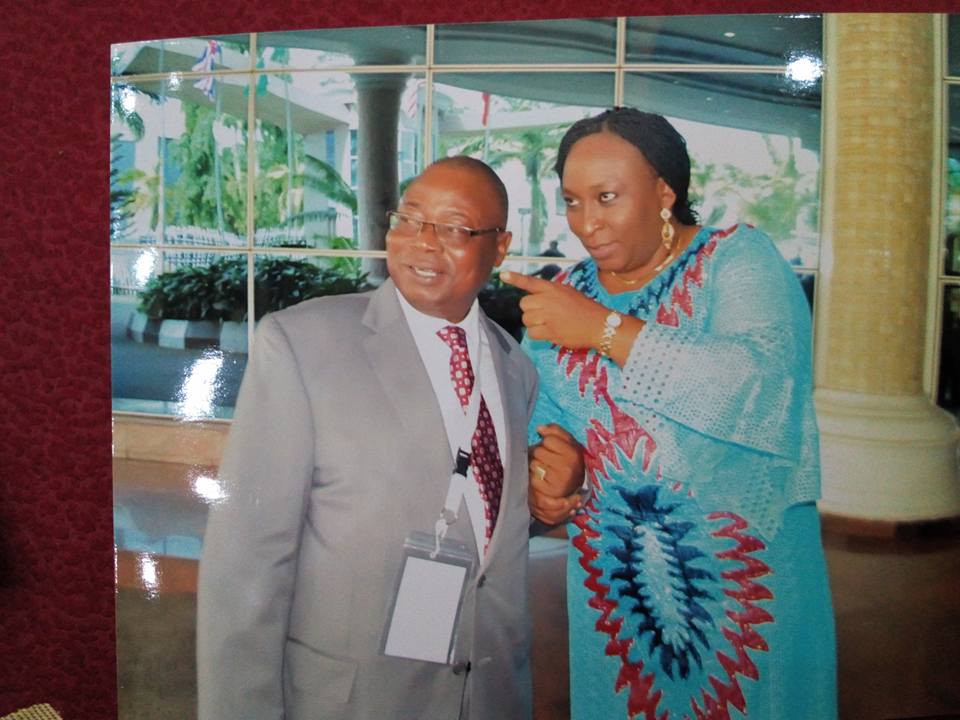
The workshop was attended by 74 media professionals and academics. The media professionals were drawn from both the conventional media firms and the new media network platforms.
The Minister of Information and Culture, Alhaji Lai Mohammed, who declared the workshop open, emphasised the importance of the media in curbing hate communication in Nigeria. He commended the Nigerian Press Council for addressing the issue of hate communication at a time in the history of Nigeria when “there were serious concerns about the rising incidence of hate communication, especially in the social media”.
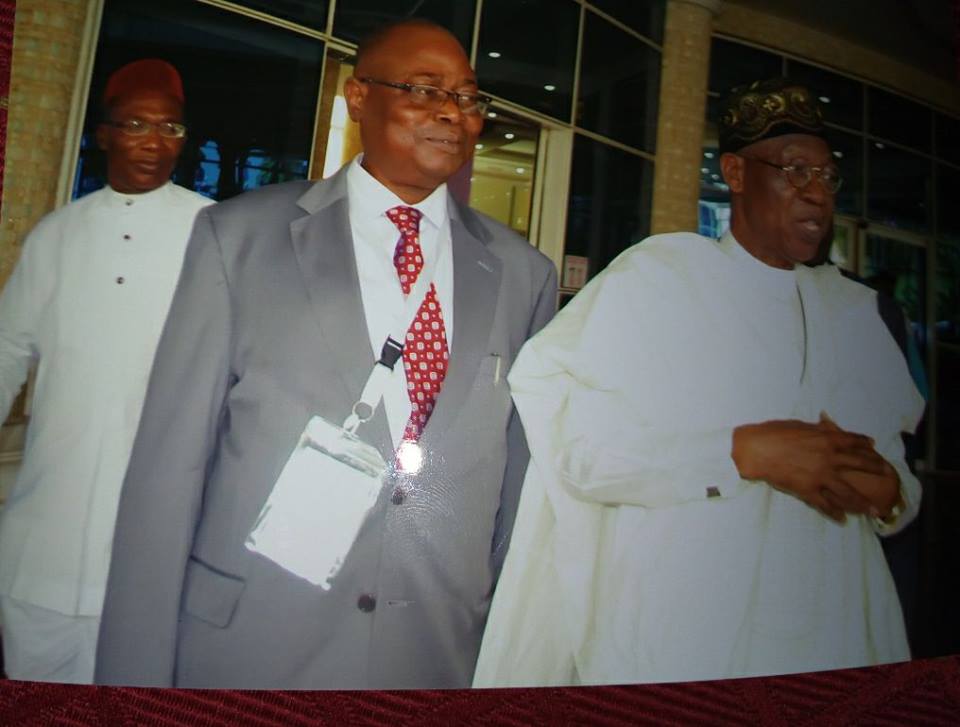
A veteran Journalist, and Lead Consultant ,Word &Image Ltd, Otunba Jide Adebayo in his remarks said the workshop was organised against the background of increase incidences of hate communication in the country stressing that Journalists /media professionals have crucial role to play in order to put an end to the menace.
Both the Senate and House Committee chairmen on information, re-echoed the fear of the Minister of Information and Culture about the rising incidences of hate communication which they noted could plunge the nation into serious crisis if not curbed.
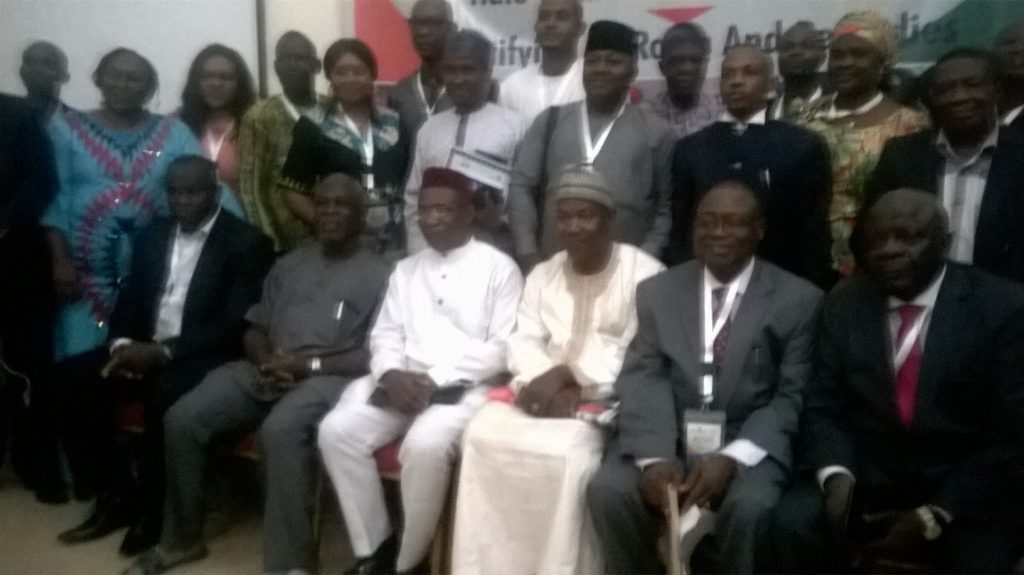
Earlier in his welcome address, the Executive Secretary, Nigerian Press Council, Mr. Nnamdi Njemanze challenged media practitioners on ethical practices. According to him, in a multi-ethnic society like Nigeria, hate communication will do no one any good stressing that it is not healthy for nationaldevelopment .
In his words: “The workshop is conceived to x-ray the causes and remedies to hate communication in Nigeria, while not being incongruous to efforts at the international level.’’
Njemanze explained further : ‘’As we must strenuously balance between freedom of expression and respect for equality, justice and dignity, we must not gloss over the rift and fault lines thrown up by this phenomenon but rather seek ways of intermediation.”
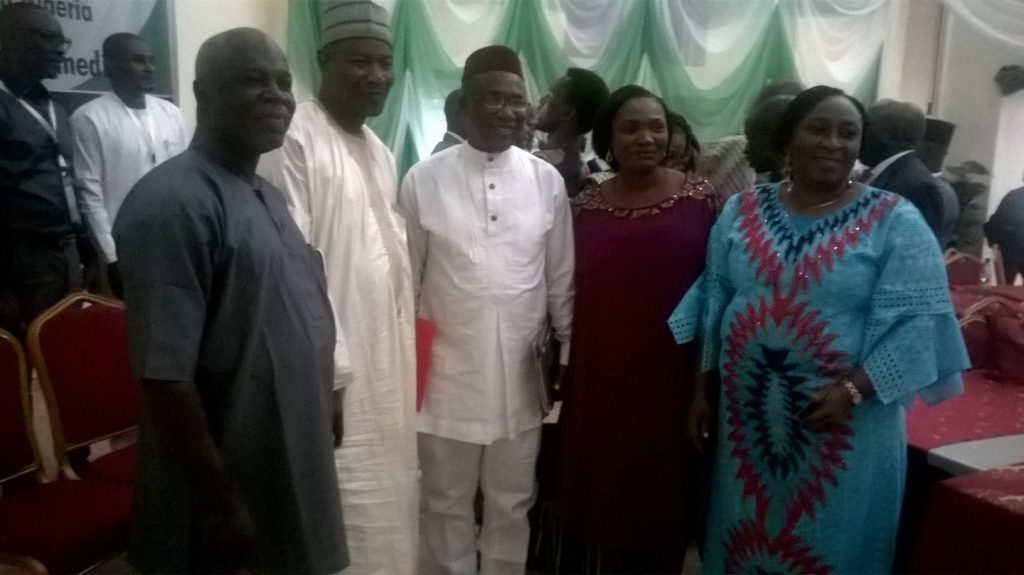
The Executive Secretary who noted that media practitioners must embrace professionalism said everything within the ambit of the law must be done to put an end to all forms of hate communication, a position which was also shared by the Managing Director of News Agency of Nigeria, Mr. Bayo Onanuga.
According to Onanuga, freedom of speech is not absolute. He however said that those who hate could be taught to love.
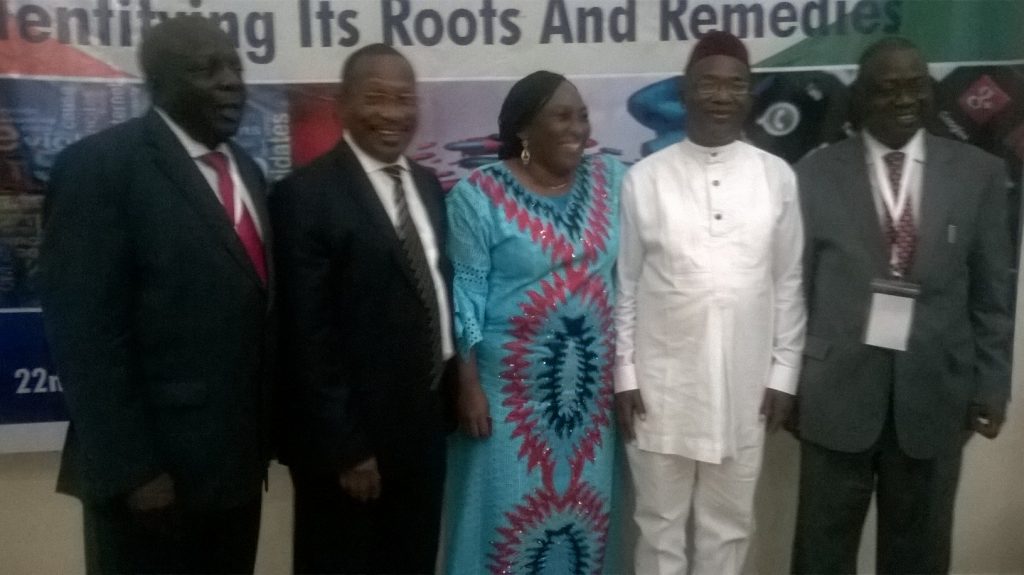
The National President of Nigeria Union of Journalists, Mr Waheed Odusile on his part said to address hate speech, government has to enact laws against it. He advised politicians, religious leaders and traditional leaders to avoid hate speech.
Papers were presented at the workshop by renowned journalism teachers, including the Dean of Faculty of communication, Bayero University, Prof. Umaru Pate and Prof Lai Oso of Lagos State University. Others were Prof. Nnamdi Ekeanyanwu of the University of Uyo and Dr. Segun Olanipekun, a US-based adjunct professor of journalism.
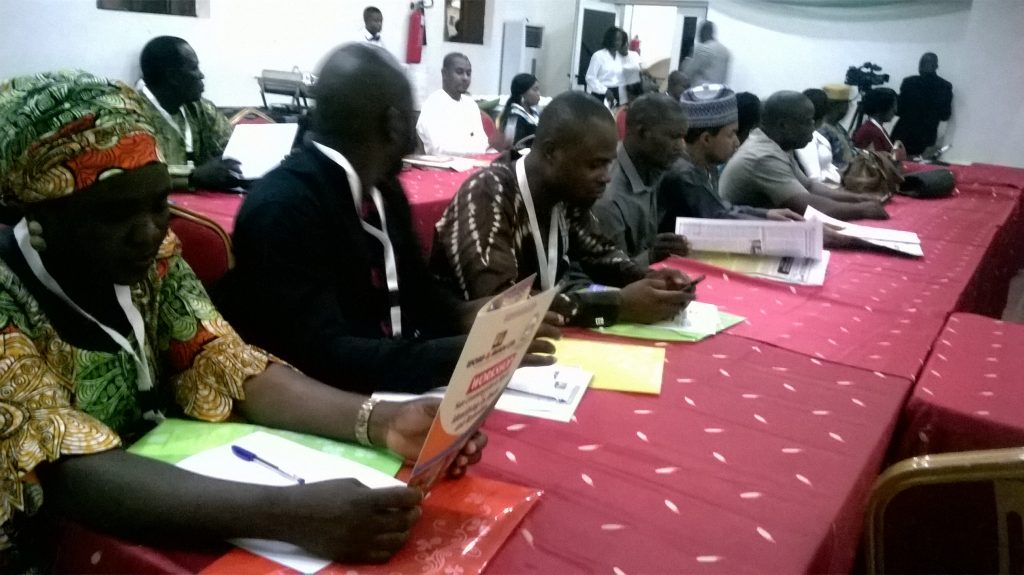
From the four core presentations, it was observed that Journalism remains a critical sector in promoting the socio-cultural existence of Nigeria. It was also observed that hate communication is a threat to the nation’s unity, development and national security. It was equally established that hate communication in Nigeria predates the birth of social media, and that hate communication emanates from stereotyping or casting of slurs on individuals, ethnic groups and people.
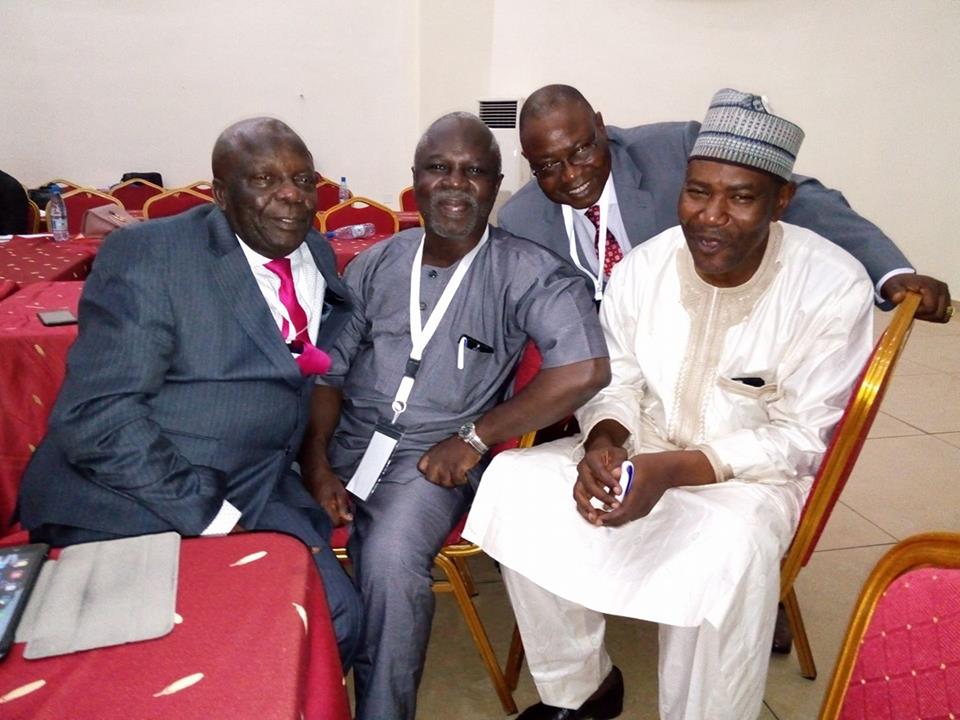
The workshop identified the root causes of hate communication to include:
- The narrative and processes leading to the amalgamation of Nigeria by the British Colonial government in 1914.
- Issues of nepotism and ethnicity.
- Lack of national political leadership.
- Feelings of alienation by the people and the struggle for recognition.
- Manipulation of political process and political thuggery.
- Disrespect of the rule of law and biased judicial system.
- Government insensitivity to and inadequate attention to the needs and grievances of the public.
- Failure to implement any development agenda in Nigeria since independence.

As part of the remedies to address hate communication in Nigeria, the workshop recommended the following:
- Devolution of power to promote greater development at the state and local government levels and reduce cries of marginalisation by some ethnic and regional groups.
- Ministries of Information & Culture at both state and federal levels of government should set up social media units to provide global perspectives and wider mileage for public information dissemination.
- Government to hold periodic conferences to positively engage the public especially the youths.
- Government should support genuine social media entrepreneurs to promote core national values and credible alternative voices to entrench democracy in Nigeria.
- The government should also use social media platforms for community organizing and by so doing popularize civic participation and engagement.
- Media professionals should continue to adhere to ethical and professional codes of practice and engage in investigative journalism.
7.Media practitioners must at all-time have the nation’s national interest at heart in their news reportage and in opinion leadership.
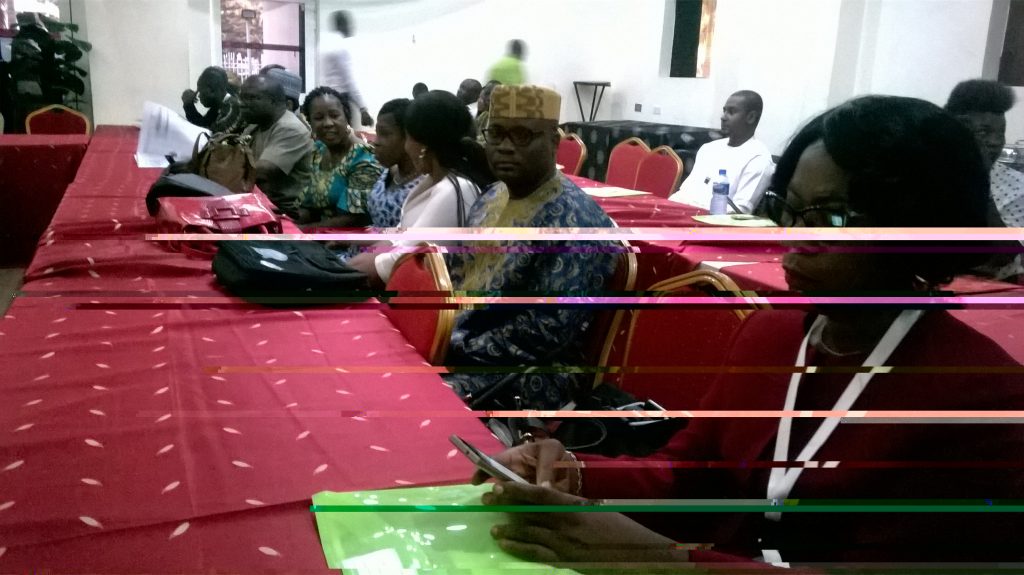
At the end of the training which lasted till evening, the 74 media professionals and academics that attended the workshop learnt more about the dangers associated with hate communication, and they literally became change agents and instruments in fighting the scourge of hate communication in Nigeria.
